The original Mean Girls premiered twenty years ago this spring, but it might as well have come out yesterday. The Middle East is, again, still, at war with the West. Britney Spears looks out from every tabloid. After years of cancel culture, being controversial is great again. And, just as in 2004, Mean Girls is everywhere. The 2023 Walmart Christmas ad starring Lindsay Lohan, Amanda Seyfried, another original Mean Girl, and (for some reason) Missy Elliott. The return of Lohan as a romantic comedy star, via Netflix holiday flicks and an announced Disney+ Freaky Friday sequel. Even one of the film’s most banal lines — “On October 3, he asked me what day it was,” Lohan’s character says about her crush interacting with her in math class — has led to floods of Mean Girls memes every October 3.
In 2004, Mean Girls was far from the biggest movie of the year, but today, it’s a major cultural touchstone. So it was inevitable that Paramount would remake it. The studio greenlit a cinematic version of the Mean Girls Broadway musical for the Paramount+ streaming service, and now it’s been upgraded to a theatrical release, hitting screens this month. It’s both a reminder of the original Mean Girls legacy and how far pop culture has fallen in the past twenty years.
Few have broken down why the film works so well. The 2004 film’s plot sounds like your basic teen movie. Cady Herron, the Lohan character, immigrates from Africa to suburban America and befriends Damian (a chubby gay boy) and Janice (his butch yet straight best friend). Damian is like a teenage James Corden, if Corden was fey and witty, and Janice wears dark eye-liner and oversized hair. They scream, “punch me.”
Like brutally honest anthropologists, they break down the school cliques for Cady, describing “the greatest people you will ever meet, and the worst.” The most notable of these are the Plastics, an evil cabal of pink-wearing teenage bitches. Cady goes undercover, joining the Plastics to sabotage them from within. But instead, she inadvertently becomes the queen Plastic herself. In revenge, the usurped chief Plastic, the dethroned queen Regina, publishes her Burn Book — a Biblical recap of all the school’s rumors — tossing copies around like confetti. The girls fight across the hallway in a bacchanalian scene that, like a Greek tragedy, is both frightening and thrilling to watch. There is then a round of self-help group therapy, punctuated by a jaw-dropping surprise near-death experience.
The film works for several reasons. First of all, it’s a compelling and ironic take on the John Hughes tropes of Eighties cinema. Also, it’s very funny. Tina Fey, who also stars as the sardonic but well-meaning math teacher Sharon Norbury, wrote the script based on Rosalind Wiseman’s advice book Queen Bees and Wannabes: Helping Your Daughter Survive Cliques, Gossip, Boyfriends, and Other Realities of Adolescence, so it carries a ring of truth. But more than that, it manages both to condemn bitches and show why it’s so fun to be one. It’s edgy, transgressive and yet a glossy, mainstream Hollywood production — a picture that would be unlikely to be made today.
But does Paramount know this? Given the resurgent popularity of the original players and the current cultural moment, you would expect the musical remake to capture the bright pink, bitchy, in-your-face, yet somehow moving edginess of the original. Instead, it’s the equivalent of listening to the musical version of a ninth-grade D.A.R.E. lecture.
The problems begin early on with the score, written by lyricist Nell Benjamin and Fey’s husband, composer Jeff Richmond, a nepo-spouse I was previously unfamiliar with. The original’s early scenes show Lohan’s character comparing the social hierarchy to the animal kingdom, set among images of teen girls fighting each other like cheetahs. The musical version shows girls singing about how Regina George, the most popular girl in school, is “the apex predator.” It’s weak and corny, but it’s better than the other cheesy anthems titled — really, this is a title — “Where Do You Belong?”
The few enjoyable moments come from the bully Damian. Early on, he sings, “Baby girl, don’t ever eat lunch on the john.” Janice, the goth best friend, replies, “Your mother called you baby girl?” You can hear his gay side eye. “Singing?” he sings, as if to say, “I’m exaggerating it for the song, you bitch.” It’s a scene you could have seen in the original or in Fey’s edgier sitcoms.
But most of the new musical material falls flat. To update the story, the musical adds a tap dance number called “Stop” about why you should put your phone down. Damian and a chorus explain why: “Stop cause I’m actually a human and not a prop,” a girl sings. And another: “Stop when you have a huge crush on a boy and he asks you to send nude pics.” The original film had messages about how girls should love themselves, but after ninety minutes of bitchy jokes, that message came across as honest and refreshing. Here, sung at you from the start, the affirmations sound like bumper stickers. Or even worse, old tweets about girl power set to tap numbers. I was reminded of the old joke: Mean Girls the musical might be both original and good, but what is good is not original, and what is original is not good.
Somehow, Mean Girls’s perpetrators manage to woke-ify Janice, the bullied bully of the original. But she lacks the material to put the change across. She sings, “Everybody has opinions… I’d rather be me.”
Could it have been better? Does Hollywood have the stars that could deliver a modern Mean Girls? Today’s stars lack the grit and texture of even a teen Lohan, who sounded like she had chain-smoked since age three. At her peak, Lohan possessed the best of both sound and silent stars. She spoke in a memorable, original tone, and, at least till she ruined her face, her Irish cheeks and red hair could make a statement with an expression.
Of course, actors can only work with what they’re given; even Marilyn Monroe couldn’t rescue The Prince and the Showgirl. All the songs in Mean Girls sound the same — a horrific, bland combination of brass instruments and the most whitewashed razzle-dazzle Forties-style Broadway orchestration. Never before has a trumpet sounded so limp. Even the rare gesture at up-to-dateness, like the hip-hop beats on “Whose House Is This?” sound just as recycled, like beats from the B-side of Spice Girls’ hip-hopped flop Forever. With lyrics like “Stop when… a boy asks you to send nude pics,” though, it’s clear this musical came straight out of the early Trump administration.
The Mean Girls musical isn’t the only recent pop cultural moment to feel like it was greenlit at the peak of #MeToo. Like a 2017 Twitter thread, Sofia Coppola’s Priscilla recasts Elvis Presley as a groomer, even if Priscilla herself rejects those allegations. You can practically hear Hollywood executives brainstorming the Marvel catastrophe The Marvels over a Zoom meeting in 2020. Watching the trailer for Mean Girls: The Musical on X, I wondered if Paramount execs even know Twitter is called X now.
To an extent, you must forgive the execs behind this cultural dreck, who greenlight films years before they hit screens. Still, once upon a time in Hollywood, maverick producers could predict — or control — where the cultural wind would blow. David Selznick independently produced Gone with the Wind and bravely cast a Brit as Scarlett O’Hara, Southern newspapers be damned. Paramount chieftain Robert Evans dragged the screen to the baby boomers, greenlighting The Godfather, Shampoo and other transgressive masterpieces. Even Harvey Weinstein gave us Pulp Fiction. Sure, many of these men were liars, rapists, addicts. But nobody turned to Hollywood for morality.
Now, executives seem to believe we do, not that they act any better. Drive around Los Angeles and you’ll hear the usual stories of agents thieving and stabbing clients in the back, or worse. The only difference is now they’re “woke” in between picking pockets.
The Mean Girls musical fiasco could, maybe, work with audiences. Generation Z remains as puritanical as the puritans. (The number of middle-aged gay men I know dating twenty-year-olds who claim they detest sex is staggering.) But even these twinks aren’t “woke” anymore; they’ve been red-pilled post-Covid even if they are afraid of sex because they spend their life on their phones. Perhaps Damian’s musical number “Stop” does serve a point. After all, these twentysomethings do love the original Mean Girls. That’s why Paramount is remaking it.
Regardless of box office, the new Mean Girls is more outdated than the original, still-influential film. Hopefully, the new cultural earthquake telegraphs that the “woke” days are over — it’s OK to be bitchy again.
This article was originally published in The Spectator’s January 2024 World edition.



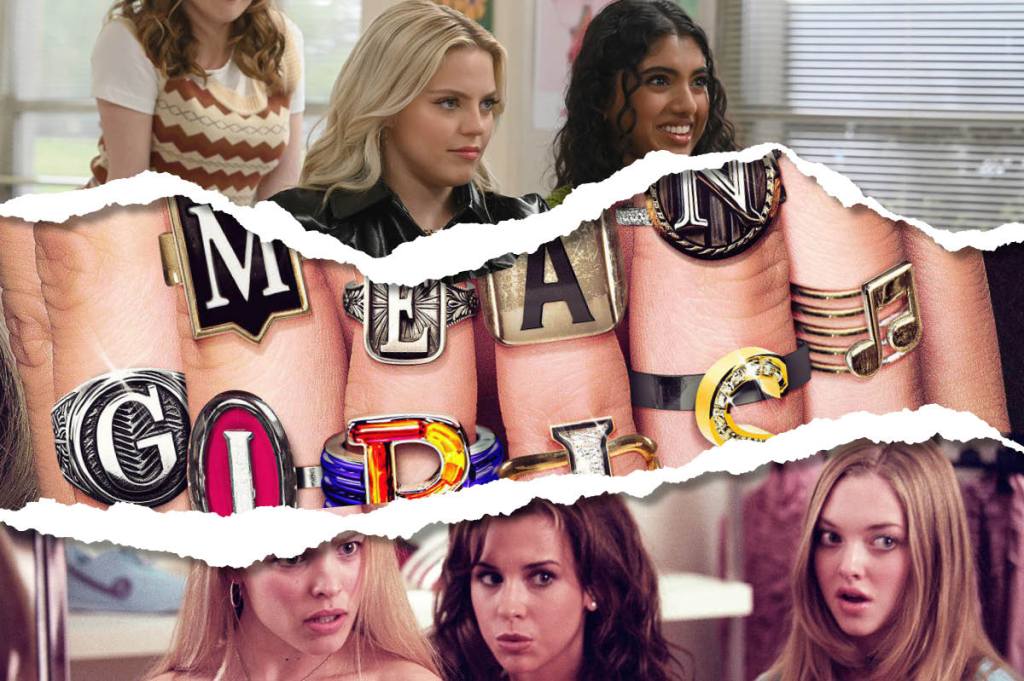




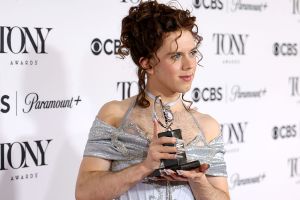



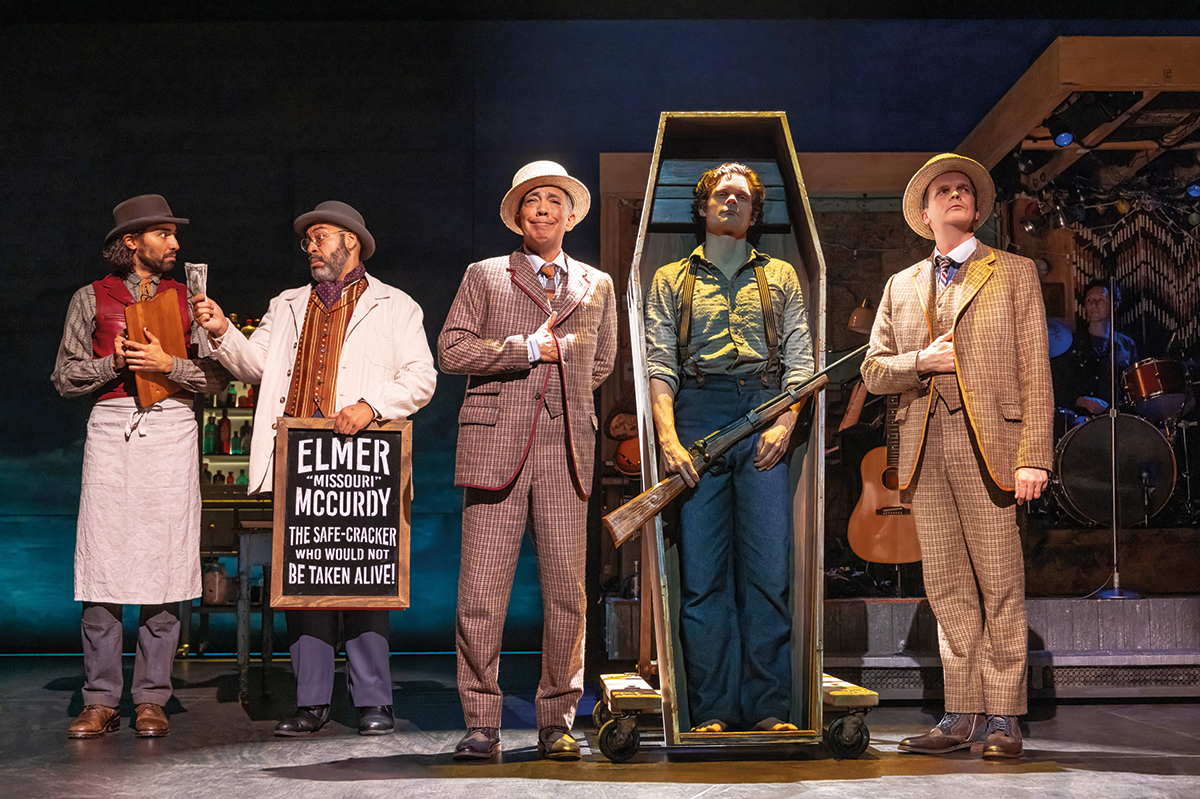
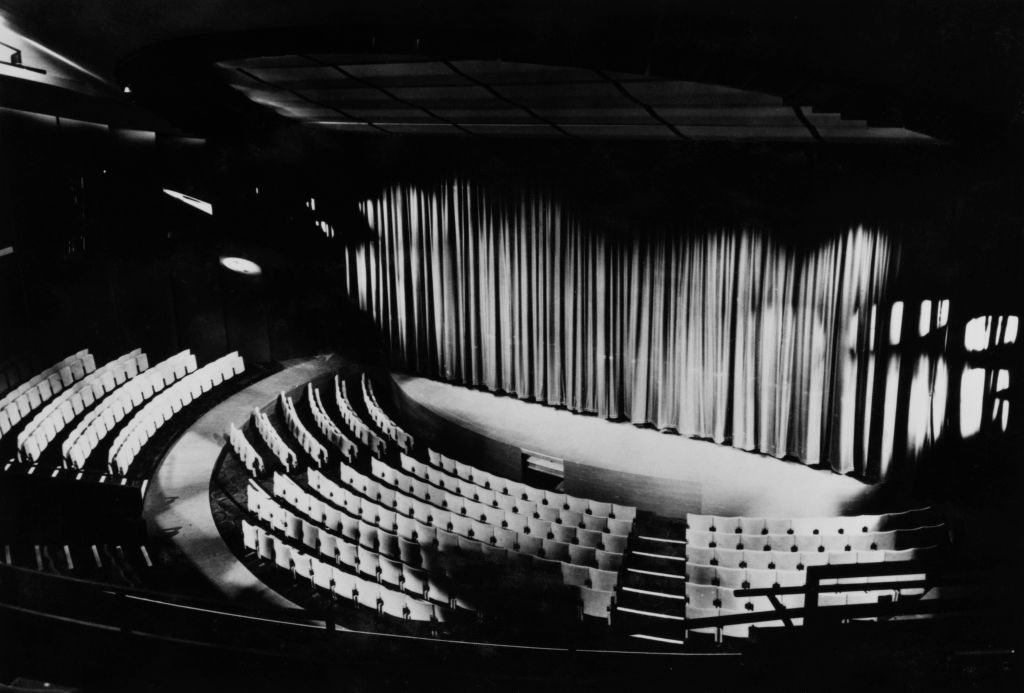
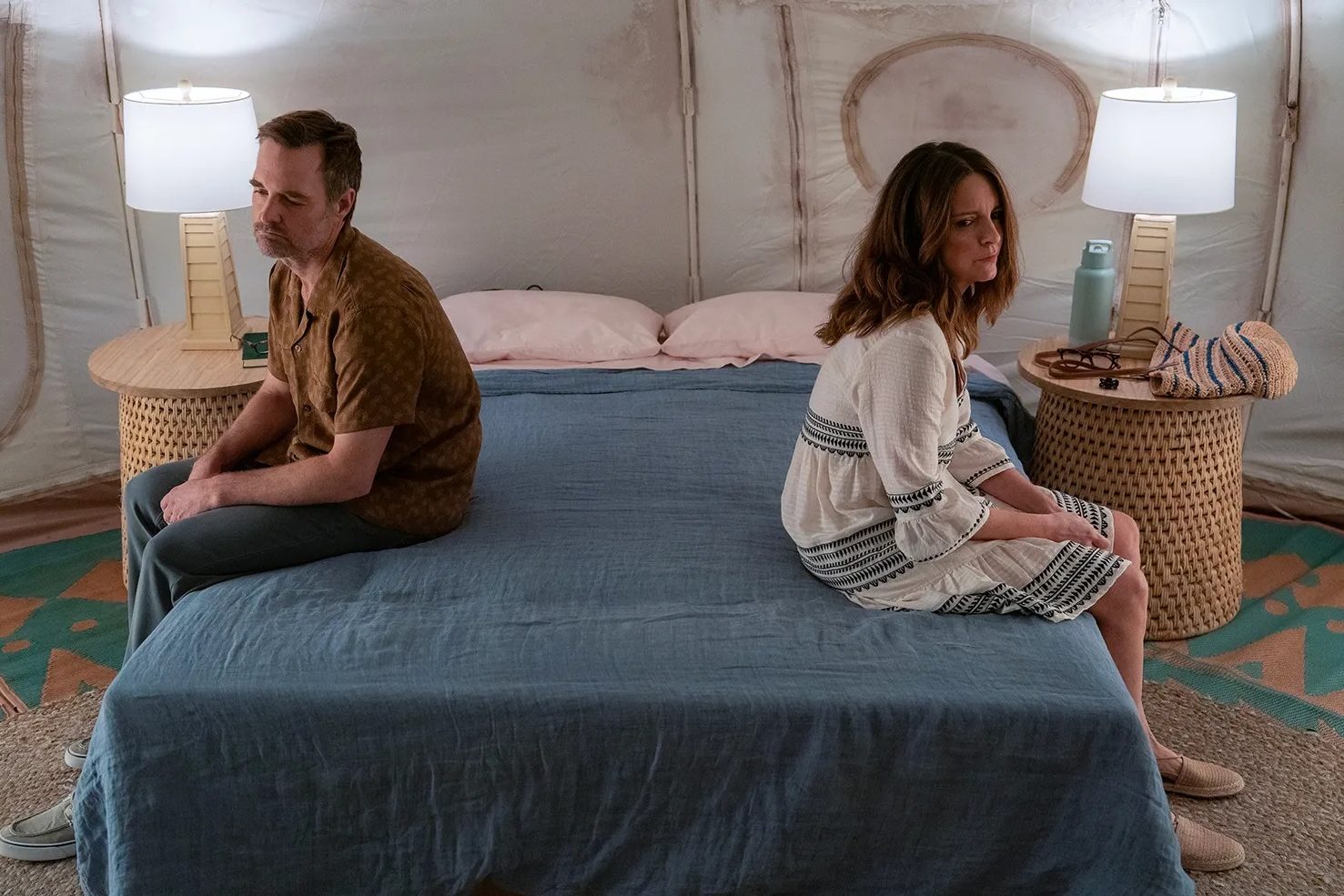







Leave a Reply